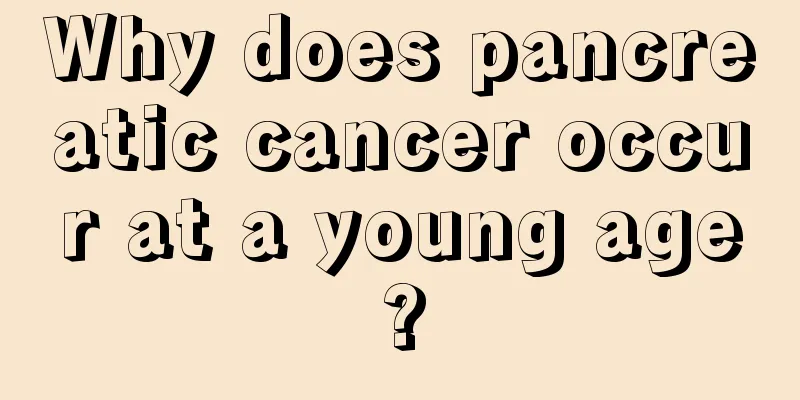What are the sequelae of nasopharyngeal carcinoma

|
Nasopharyngeal carcinoma is a malignant tumor disease. Cancer is a disease that people are very afraid of, and nasopharyngeal carcinoma is no exception. Nasopharyngeal carcinoma brings great harm to people's bodies and has a very serious impact on patients' lives. In addition, nasopharyngeal carcinoma can also cause some complications. What are the complications of nasopharyngeal carcinoma? Let us learn about it through the following content. Although the adjacent structures of the nasopharynx have a high tolerance to radiation, some sequelae of nasopharyngeal carcinoma caused by radiotherapy may still occur, especially in patients who receive adequate or excessive radiotherapy. It can be said that if the original structure is affected, the adjacent structures will be affected. The sequelae of radiotherapy include radiation xerostomia, radiation damage to the nervous system, radioactive osteonecrosis, radiation damage to the nasal cavity and paranasal sinuses, and radiation dysfunction of the facial joints, among which radiation xerostomia is the most common. Radiation xerostomia refers to a significant decrease in saliva flow caused by radiotherapy for head and neck tumors, characterized by rapid onset and persistent dry mouth. After radiotherapy for nasopharyngeal carcinoma, most patients experience varying degrees of reduced saliva, leading to nasopharyngeal carcinoma sequelae such as dry mouth. The main reason for dry mouth is that the patient's three pairs of salivary glands (parotid glands, submandibular glands, and sublingual glands) can all be included in the radiotherapy field, especially the largest salivary glands, the parotid glands, which are almost all included in the radiotherapy field of the nasopharyngeal primary lesion, and are irradiated to varying degrees, leading to salivary gland atrophy, reduced saliva volume, and xerostomia. The degree of salivary gland damage and reduced saliva volume depends on the time, dose, and type of radiotherapy. Radiation-induced xerostomia usually begins in the middle and late stages of radiotherapy, progressively worsens, and is irreversible. Patients report persistent dry mouth, sometimes with a burning sensation, and loss of taste. Insufficient saliva can make chewing, swallowing, and speaking difficult, often accompanied by oral infections. Certain medicated mouthwashes can be used to control this. |
<<: How to care for nasopharyngeal carcinoma complicated with dermatomyositis
>>: What are the hazards of nasopharyngeal cancer
Recommend
What can prevent heatstroke and cool down
In summer, the weather is very hot. Many people c...
Good nursing habits that patients with small cell lung cancer should develop
I don't know if you know about lung cancer. T...
Which one is stronger, perchloric acid or sulfuric acid?
Perchloric acid and sulfuric acid are two common ...
Non-drug treatment for lung cancer pain
Non-drug treatments for lung cancer pain include ...
My throat feels blocked when I get angry
Some people are particularly prone to losing thei...
Dangerous period calculation
If newlyweds want to avoid pregnancy, one term th...
What is diphtheria and what harm does it cause?
Diphtheria is a common, acute respiratory infecti...
What causes arteriosclerosis?
To prevent arteriosclerosis, we need to have a sc...
What are the symptoms of wrist syndrome
We use our hands every day. The left hand is as i...
My joints hurt after drinking beer
In my spare time, calling one or two old friends,...
How to distinguish miscarriage from menstruation
Often referred to as miscarriage, menstruation us...
How to correct a crooked mouth when smiling
Smiling can bring a sense of intimacy to people, ...
What are the spleen-strengthening porridges? Eat more of it to strengthen your spleen and stomach!
To strengthen the spleen and stomach, you can hel...
What causes pits in nails?
The symptom of pits on the nails is very common i...
How long can you live after intestinal perforation surgery
Both the large intestine and the small intestine ...









